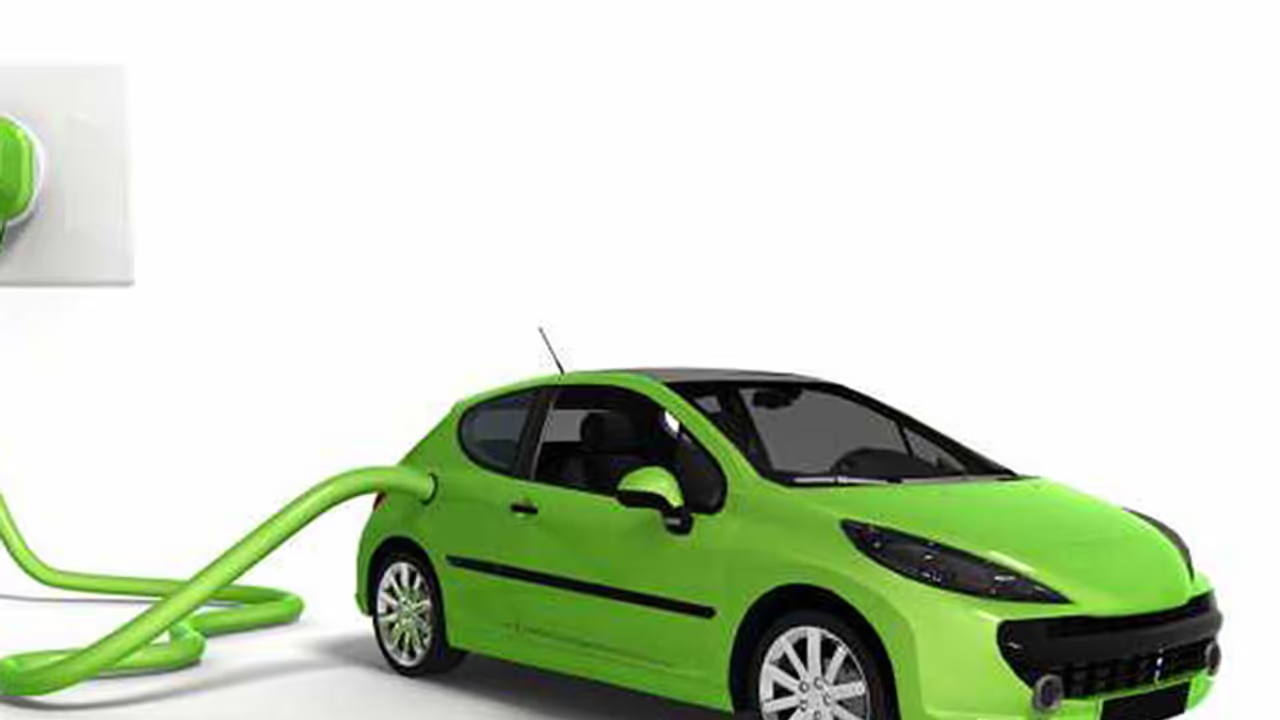State cabinet approved electric vehicle and energy storage policy Karnataka is the first state in the country to push for the electric vehicles Lack of charging points, poor roads, flood-prone areas may dissuade people from opting for electric vehicles
In a big push to bring down alarming pollution levels in Bengaluru, the state cabinet on Wednesday gave its nod for the electric vehicle and energy storage policy. This makes Karnataka the first state in the country to formulate the electric vehicle policy.

So, what exactly is the policy? According to reports, the policy will encourage production of electric vehicles that will see a gradual reduction of dependency on fossil fuels. Besides, the government will extend attractive incentives and tax concessions for research studies and also production sectors in electric vehicles.
But what about the cost of the battery of these vehicles? "The new policy will have several sops for consumers which will encourage them to buy electric vehicles," reports The New Indian Express quoting Law Minister TB Jayachandra.
In fact, the state is home to Reva, the first electric car in India, founded by Chetan Maini. Besides, there is Mahindra Electric, India's only electric car manufacturer in the state. Mahindra took control of the Reva, and now it releases electric cars under its flagship. With the State approving the electric vehicle policy, days would not be far when Bengaulureans would switch to electric vehicles than those smoke-billowing wheels.
But on the other side, is it feasible to ride an electric vehicle on Bengaluru roads whose shape and colour change in just one rain?
For, Bengalureans commute a minimum of 20 km every day to their workplaces. But considering the traffic density and the condition of the roads, the chances of people opting for electric vehicles appear slim. For the electric cars - that are presently available in the market - do not last long. Besides, their lithium-ion batteries need to have charging point - like the government suggested in malls, apartment complexes, offices - but this might take years to see the light of the day. Besides, Bengaluru these days has become prone to flooding after just one rain. Many houses were inundated, parking lots were deep in water, and then there is the danger of trees falling. Is it really safe to have charging points in these dangerous conditions?
Besides, there have been complaints that the charging takes time and the absence of charging points on the road like fuel stations may dissuade the customers from opting for electric vehicles.
There are reports that electricity grids in the country are yet to be upgraded to hold the capacity to power large population of electric vehicles. Unless the government focuses on power generation and transmission issues keeping the electric vehicles production in the state, it would just remain a policy.
